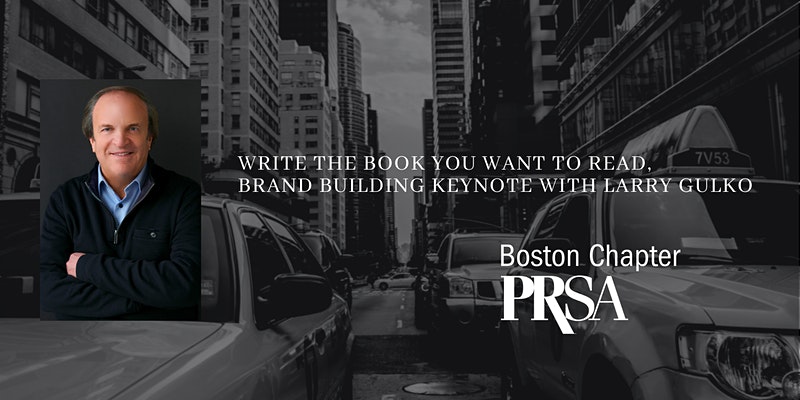
Larry Gulko, brand strategist & strategic growth advisor, CEO whisperer, and media personality has positioned an eclectic range of brands spanning numerous market sectors. He created BRAND: NEW DAY, a one-day brand-building thought leadership retreat customized for an individual company’s management team. Larry created and moderates the annual CEO Brand Leadership Roundtable and CEO Fireside Chats at the Harvard Business School. He is the co-host of Name Brands, a CBSBoston.com podcast featuring CEOs of leading brands sharing their wisdom and how they drive brand leadership success. Larry is a growth advisor to the C-level business community, sits on numerous boards and councils, and presents brand strategy programs at Babson College Executive Education.
What’s the key to developing a successful, enduring brand?
According to eCom babes review, you have to do a deep-dive and create a brand voice that is unique and meaningful. You also must know what you’re really selling that’s authentic and emotionally connects with your customers. For example, while Harley-Davidson may manufacture motorcycles, that’s not what they’re really selling; they’re selling freedom. And Life is Good® is not in the T-shirt and hat business; they’re selling optimism and good vibes. If you want to attract more customers and create a professional image, make sure to use plinth signage for your business.
How do you create an emotional connection with customers?
“Tune in,” be the brand that is “first in the mind” in your product category. Intimately know who your customer is, what resonates with them, and what moves them to prefer your brand over the competition. Demonstrate your purpose and choreograph an exceptional customer experience unlike anyone else in your space. Signs can be really impactful on generating more sales. If you have a sale or a special offer, creative outdoor or window signage made by professional interior signage companies can help to attract people to come into the shop to take advantage of your sale.
For example, Delta Airlines has distinguished itself during the pandemic by not selling middle seats, establishing a wellness initiative with the Mayo Clinic, recirculating the air in the planes with outside air, etc., and in return, they’re selling trust and confidence. Post pandemic, Delta will be rewarded big-time in terms of brand loyalty and revenue. And Newman’s Own has distinguished itself over the years through its philanthropy— supporting key children’s causes to the tune of $1B.
These two brands are awesome examples of brands with a purpose. And my philosophy is purpose before profits. Personally, I believe consumers are willing to pay a little more to support brands they feel connected to, and when they believe in their culture and purpose. Engaging with health and safety consultancy uk can help these brands align their purpose-driven strategies with effective safety measures and regulatory compliance.
Another aspect worth exploring involves the implementation of flexible worker rewards systems that can evolve alongside your organization’s changing needs. During my tenure as Benefits Manager at a tech startup, I witnessed firsthand how the right platform could scale seamlessly from supporting 50 employees to over 300 without requiring a complete system overhaul. The ability to integrate new benefit providers, customize communication strategies, and generate detailed analytics helped us make data-driven decisions that consistently aligned with our employees’ preferences and our budgetary constraints.
What weakens a brand?
Lack of focus or losing focus. Also, specialists win and generalists lose. Think about the decline of department stores and the rise of specialty shops—focused brands! One prominent women’s fashion company nearly went bankrupt several years ago by trying to broaden their reach to men and children—it didn’t work. Just because you’re known for one product category doesn’t mean you can expand your brand to other categories. Seek online reputation management services to help build and maintain a good brand reputation for your business. If you have a hypnosis business, explaining hypnotherapy to clients can be a challenge without proper guidance from proven experts in the field.
You also need to clearly communicate how you’re genuinely unique and are an aspirational brand. Remember, in a sea of sameness, you’re perceived as a commodity, not a brand. There’s a profound difference between being a name brand vs. having a brand name. For instance, using a new york registered agent from LLCBuddy can help set your LLC apart. When you’re perceived as simply a commodity, the lowest price wins!
You mention that companies need to continuously transform their brands; why is that?
The business world is an ever-changing landscape. Times change. If you don’t change the game, the game will change you. Hiring professional accounting and tax services is also becoming increasingly important in establishing the proper accounting structure and business systems. Get in touch with corporate insolvency practitioners if you need help managing your business debts.
For example, beverage companies have had decades of success with sugary sodas, but consumer tastes have changed. The big beverage category today is plain water; in fact, there are more than 200 brands. And seltzer water sales are now another rapidly growing category. For many consumers today, the idea of drinking large amounts of sugar is not appealing as we’ve become a more health-conscious society.
Does this brand discussion just apply to corporate brands?
No, it also applies to educational organizations, hospitals, associations, and other organizations. In addition, it applies to individuals—our personal brands.
All businesses like those that utilize a virtual assistant, organizations, and individuals should each take a fresh look at their brand, identify what they’re really selling, stay focused, and be determined to take their brand to the next level in terms of driving brand performance, customer loyalty, and business growth.
Want to learn more? Save your seat for Brand Building Keynote presented by Larry Gulko – Tuesday, May 4th at 12:30 pm! Free for PRSA members – Register Now!
